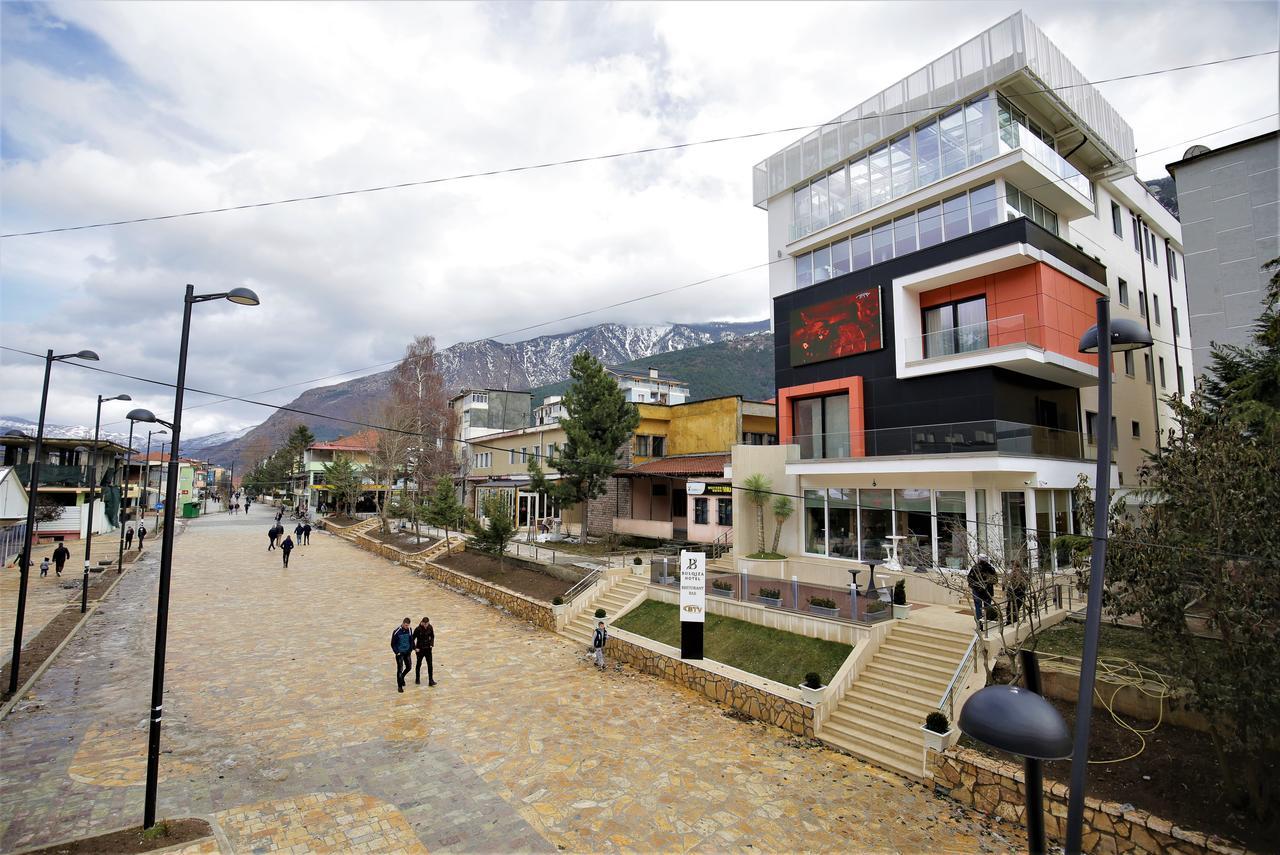Description
Bulqizë is the name of both a town and a municipality in Dibër County, eastern Albania. It was formed during the 2015 local government reform by the merger of the former municipality of Bulqizë with the adjacent municipalities of Fushë-Bulqizë, Gjoricë, Martanesh, Ostren, Shupenzë, Trebisht and Zerqan. The seat of the municipality is the town also called Bulqizë. The total population is 31,210 (2011 census), in a total area of 678.73 km2. The population of the former municipality at the 2011 census was 8,177.
Bulqizë lies in the lower north-east of Albania, and shares a border with Macedonia. The municipalities of Mati and Tirana lie to the west while at south is the municipality of Librazhd. The administrative center is the town of Bulqizë with 16768 inhabitants. The locality has 1 municipality and 7 communes; Fushë-Bulqizë, Zerqan, Shupenzë, Gjoricë, Ostren, Trebisht and Martanesh and the town of Krasta with 5969 inhabitants. In both Bulqiza and Krasta are significant sources of chromium, which supports most of the economy of the area. Despite being rich in resources, the quality of life is very low and many live in poverty. Future economic development is currently centered on eco-tourism.
The people of this region has always been a great example of resistance, against the enemy, Ottoman, Serbian, Italian and so on, because the valley of Bulqize is situated in a cross road, and is the main entrance to go to the inner side of Albania. It is very famous the Battle of Vajkali Plain, (April 1465), Gjorica (1844),e Xixulla (1860), the spring of Mure (1921) etc. at the beginning of the Renaissance, the people of this region, has fight and win against the army of Hajredin Pasha. Local people contributed to the historic events as the patriots of this region has been part of the declaration of The Independence at 1912.
The people of Bulqize participated at 2nd World War against the Italian and German invaders where 68 heroes sacrificed their life. The liberation found the country in a very deep poverty statement. The Communist Party took every piece of dignity, exchanging the promises for the great freedom and prosperity, in a long wild dictatorship. The people of Bulqiza, remained very far away from his aspiration for the freedom, democracy and prosperity, which had characterized it during every époque. At 1990, step by step, Bulqiza encouraged the creation of the private market and economy, the democratic forms of the live and again started to aspire the join of the European civilization.



